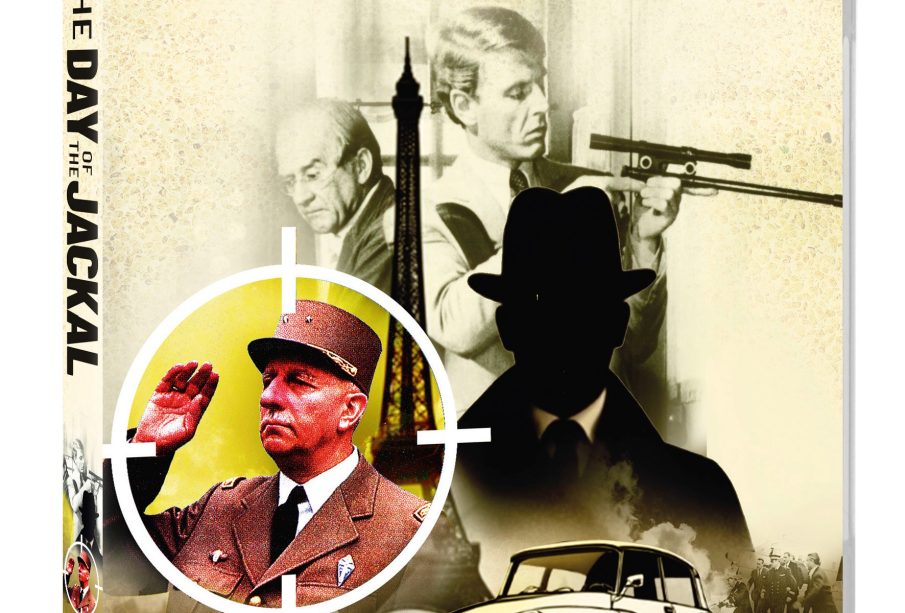Understanding the Significance of the Day of the Jackal

Introduction
The ‘Day of the Jackal’ refers to both a critically acclaimed novel and a notable film adaptation that has left a lasting impact on both literature and cinema. Written by Frederick Forsyth in 1971, the story delves into themes of conspiracy, assassination, and political intrigue. Its relevance today is underscored by the continuing global interest in political thrillers and historical narratives.
Overview of the Story
The plot of ‘The Day of the Jackal’ revolves around an anonymous English assassin, code-named ‘Jackal’, who is hired to kill French President Charles de Gaulle in the early 1960s. Forsyth intricately weaves a tale of suspense as the Jackal meticulously plans his assassination and sets out to execute it. The novel is renowned for its detailed representation of the plot and the procedural aspect of the manhunt that ensues, showcasing Forsyth’s background in journalism.
Literary and Cinematic Impact
The book received widespread acclaim for its meticulous research and gripping narrative style, quickly becoming a bestseller and solidifying Forsyth’s reputation as a master of the spy thriller genre. Following its success, the story was adapted into a film in 1973, directed by Fred Zinnemann. The film starred Edward Fox in the lead role and was praised for its authenticity and tension. It went on to receive several accolades and remains a classic in the genre of political thrillers.
Relevance in Contemporary Society
Today, themes presented in ‘The Day of the Jackal’ continue to resonate with audiences, particularly in a world where global politics is often tumultuous and unpredictable. The portrayal of intelligence agencies, the ethical implications of assassination, and the veil of secrecy surrounding political decision-making find echoes in current events. It raises pertinent questions about the lengths to which individuals or groups will go to achieve political ends, making it a relevant read for anyone interested in understanding today’s geopolitical landscape.
Conclusion
The enduring significance of ‘The Day of the Jackal’ lies in its exploration of the complexities of political motivations and the moral ambiguities surrounding them. As we navigate a world marked by political unrest and intrigue, Forsyth’s narrative continues to be a lens through which we can examine the darker aspects of human ambition. The story not only entertains but also invites readers to reflect on the motivations and consequences of political violence, underscoring its relevance in our contemporary society.







